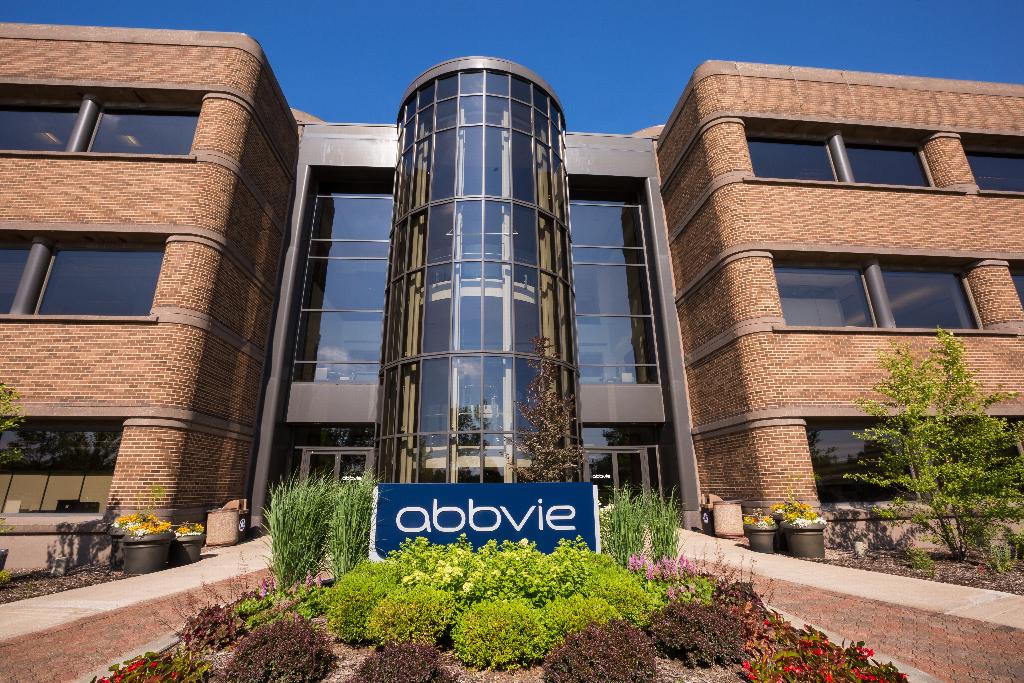AbbVie signs $2.9bn deal with I-Mab for ‘don’t eat me’ cancer drug

AbbVie has claimed rights to an immuno-oncology antibody from I-Mab in what is thought to be a record licensing deal involving a Chinese biotech.
The US drugmaker is paying $200 million upfront for lemzoparlimab, which targets CD47 – an immune checkpoint on malignant cells that helps them evade being destroyed by immune cells such as macrophages.
It has also pledged another $1.74 billion in payments due if the drug achieves development and sales objectives. $20 million of the upfront fee is tied to the results of recently completed phase 1 testing.
In addition, AbbVie is also interested in two other CD47-targeting drugs in preclinical development at I-Mab, taking options which could be worth up to $1 billion to the Chinese company.
CD47 has emerged as a hot target in immuno-oncology, found on the surface of cancer cells across many tumour types.
Aside from protecting the cells from being engulfed and eaten by white blood cells, there is some evidence that blocking the receptor may also prompt cancer cells to commit suicide via a process known as programmed cell death or apoptosis.
The hope is that drugs like lemzoparlimab will allow the patient’s own innate system to eradicate cancer cells, possibly working in tandem with other checkpoint inhibitors such as PD-1/PD-L1 inhibitors and targeted cancer drugs.
The promise of this approach to cancer immunotherapy prompted Gilead Sciences to pay $4.9 billion in cash earlier this year for Forty Seven and its lead CD47-targeting drug magrolimab, while other companies operating in this area include Canada’s Trillium Therapeutics, Innovent, ALX Oncology, Surface Oncology, Vivoryon and Morphiex.
Gilead reported positive clinical trial results with magrolimab at this year’s ASCO cancer congress, showing high response rates in blood cancers including myelodysplastic syndrome (MDS) and acute myeloid leukaemia (AML).
Trillium also reported new phase 1 data with its candidate TTI-622 in patients with advanced relapsed or refractory lymphoma at ASCO.
AbbVie is looking at combining lemzoparlimab with its blood cancer therapy Venclexta (venetoclax) in clinical trials. According to I-Mab, its antibody has a lower tendency than other anti-CD47 drugs in development to bind to normal red blood cells, which it says should minimise side effects.
Under the agreement, I-Mab will keep rights to develop and sell lemzoparlimab in mainland China, Macau and Hong Kong. Biotech analyst Brad Loncar said in a Nasdaq column that I-Mab has also announced a $418 million financing from “world class life sciences investors” headed by Chinese investment firm Hillhouse Capital.
“Not a lot of people outside of Asia are aware of this yet, but there is a true biotech boom happening in China today,” writes Loncar.
“China has ambitions to become not just a prime market for drug commercialization, but to also be globally competitive in the development of new medicines,” he continues.
“I think this is something that biotech investors must start paying attention to and learning about, as I believe it is one of the most important trends that will impact our sector over the coming years.”
AbbVie meanwhile has signed a series of deals in the last few months to bolster its oncology pipeline, buying into a $3.9 billion alliance with Genmab covering three bispecific antibodies in early development, a programme with Jacobius Pharma focusing on oral SHP2 inhibitors, and a $2.4 billion partnership with Harpoon Therapeutics on BCMA-targeting drug HPN217.












